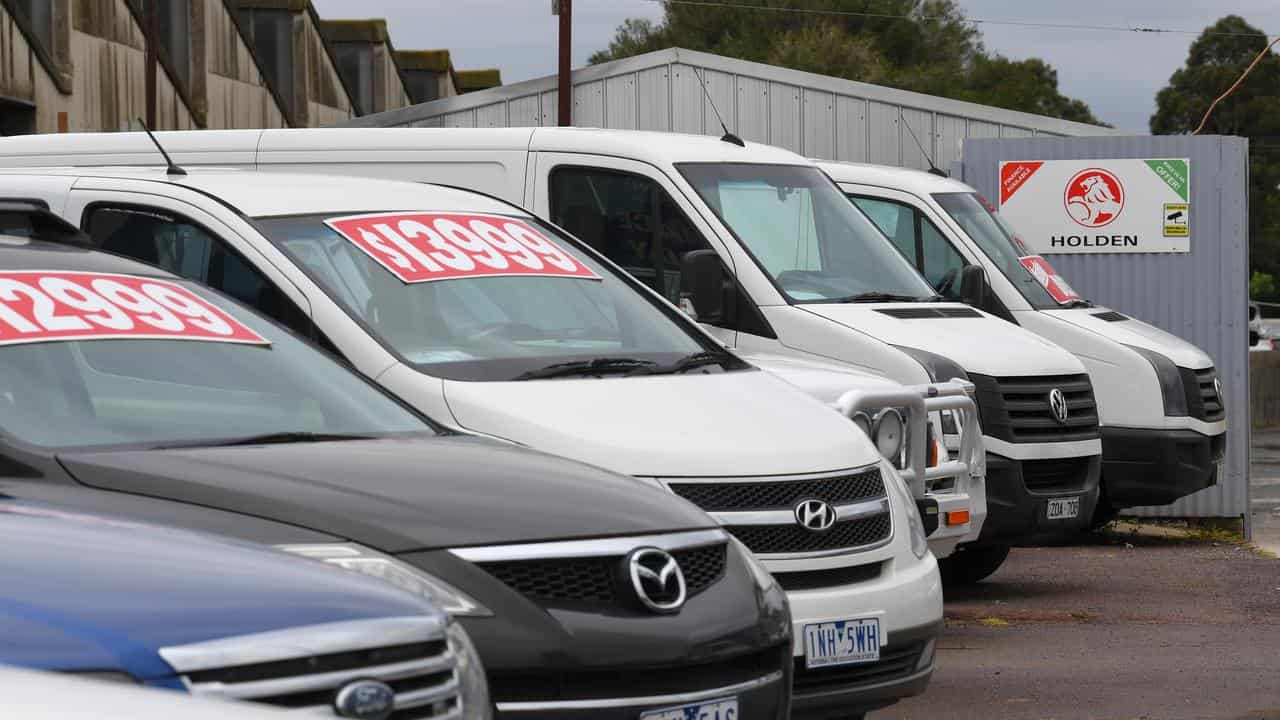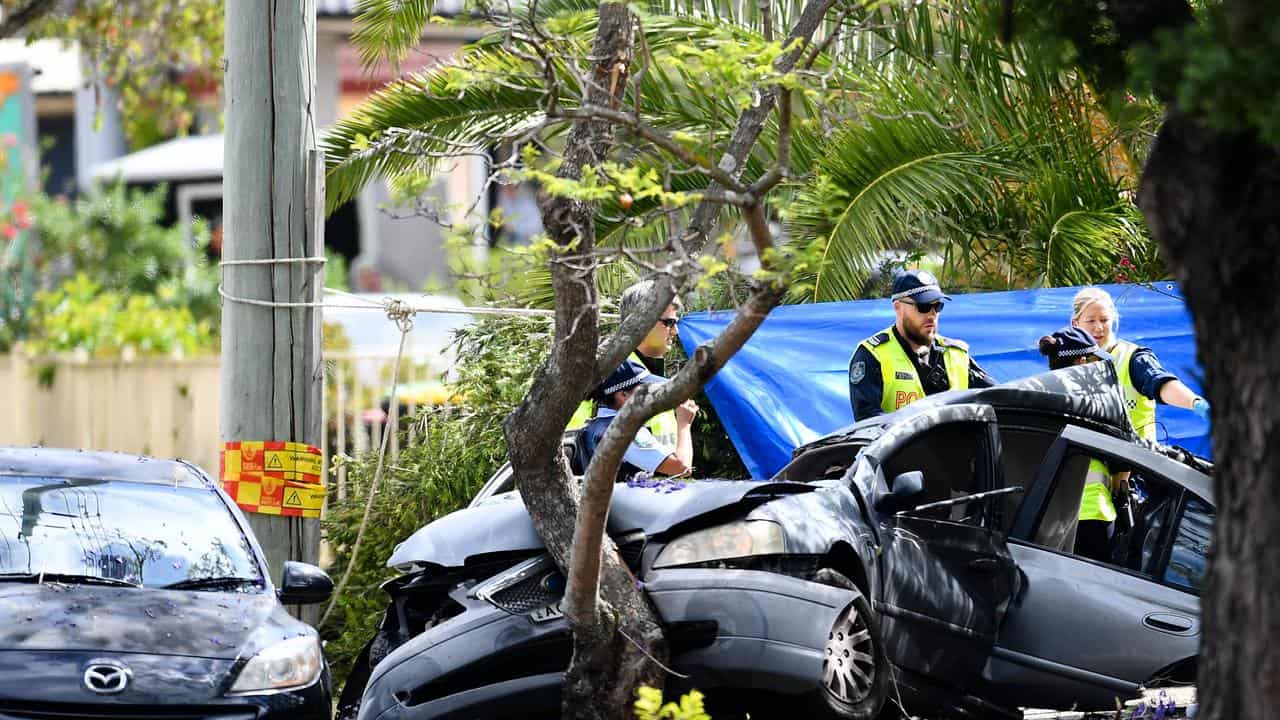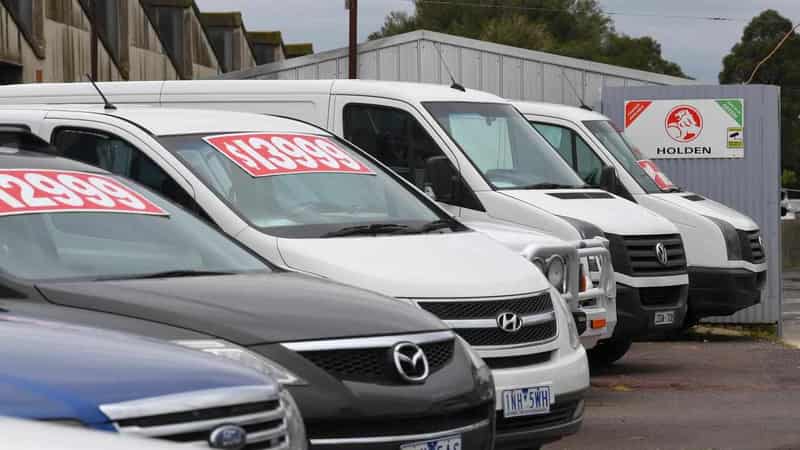
Young drivers with their own car are at a much higher risk of crashing than those who share the family car.
A study of 20,000 NSW drivers on their red P-plates found those with their own car were 2.7 times more likely to be involved in crashes resulting in hospitalisation or death in the first year after getting their licence.
Results showed the crash risk also extended years later, when those with their own car had a 50 per cent greater risk three years after getting their licence and a 10 per cent greater risk after seven years.

The study's co-author, UNSW professor Rebecca Ivers, said the research sent a clear message to parents: "Don't buy your kids a car and give them unlimited access to it".
"In high-income countries like Australia, there's a culture that says you get your own car, you’re out on the road and you're free and independent," she said.
"Unfortunately at this age, with limited experience on the road, it’s a very dangerous time for young drivers and then there seems to be something about owning their own car and having greater access that might mean they drive differently than if they were driving the family car."
Rates of risky driving and the use of alcohol and drugs were also found to be higher in people driving their own car than those borrowing the family car.
Young drivers without their own car might have a parent or guardian making rules against long-distance driving, having more than one passenger or night-driving, the searchers said.
Prof Ivers said another factor influencing the statistics could be that cars given to young people might not be as robust and safe as the family car.
"What often happens is that people buy a cheap car for their kid and so they're driving around in a clapped-out older car with fewer safety features," she said.
"So the advice here is, let your kids drive your car, let them negotiate the use of it, and make sure they're driving the safest car that they possibly can."
But the study's authors were careful not to suggest parents should simply block young drivers' access to cars altogether.
University of Western Australia professor Teresa Senserrick said the findings were a caution against thinking a car was a "perfect gift" when public transport or other safer alternatives were available.
Studies showed access to a car gave some young adults opportunities they might not otherwise have.
"Research has shown that if you've got access to a car, you have better access to education and work and you're more likely to be paid more and experience less unemployment than those with no consistent car access," she said.
"We're talking about having a balance between having access to a car and driving exposure.
"It's about parents monitoring what their kids are doing, where they’re going and who they’re going with, especially for people driving in rural and remote areas where there is the biggest risk for fatal crashes."









